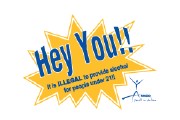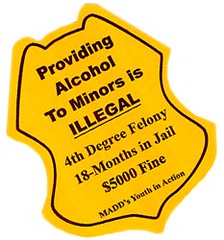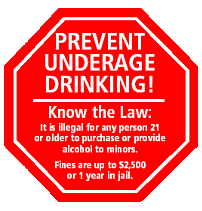
7-11, the largest convenience store chain in the U.S. with over 6,000 stores, sells a lot of beer, most of it from the big beer companies. In fact, they’re the third-largest beer retailer in the country. With more limited shelf space, C-Stores tend to focus on fast-moving brands and usually carry very few local or craft beer brands. So those stores have been one of the few outlets where space has not be eroding due to craft beer’s growing popularity. But, according to an announcement in Fortune magazine, that’s about to change, though not toward more craft beer. 7-11 has announced the release of their own private label beer, called Game Day. Apparently it’s a “premium beer selling at a budget price,” though further details were not forthcoming. While not yet confirmed by 7-11, it’s being reported that there will be two varieties of Game Day, Game Day Light and Game Day Ice and each will likely be sold in two package sizes, 12-pack cans and 24-oz. singles. Prices are expected to be between $6.99-$8.99 for 12-packs and between $1.49-$1.89 for singles, depending upon distribution and state specific costs, like taxes. The contract brewing is being done by City Brewing in La Crosse, Wisconsin.







